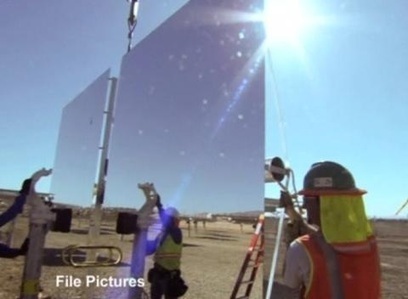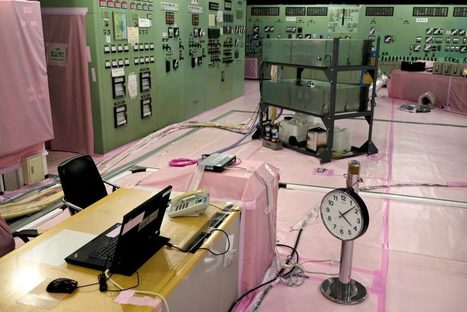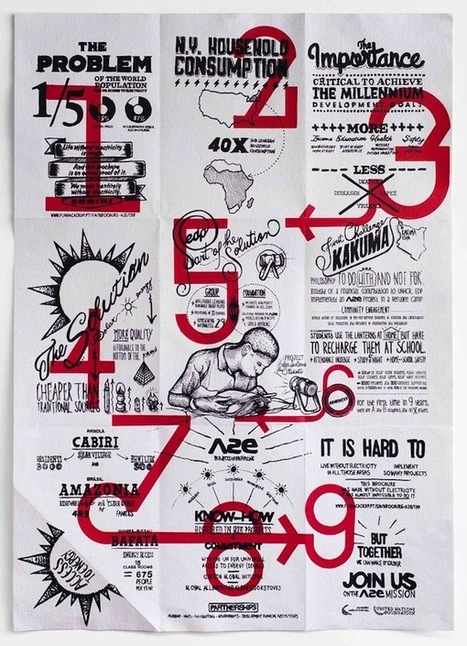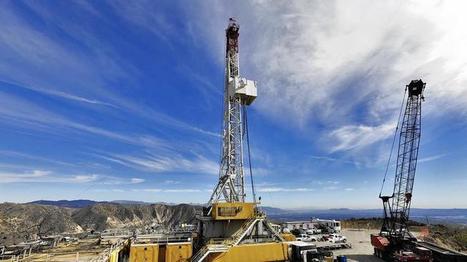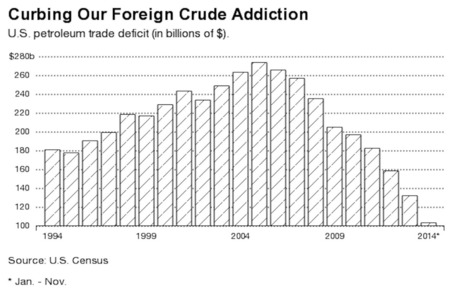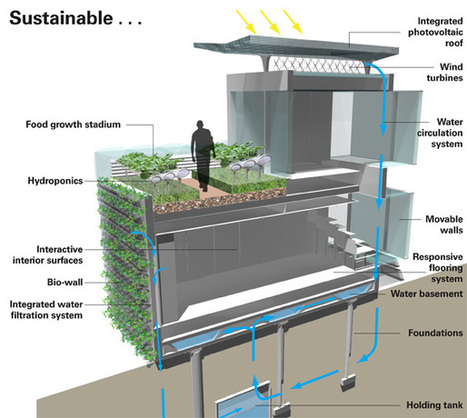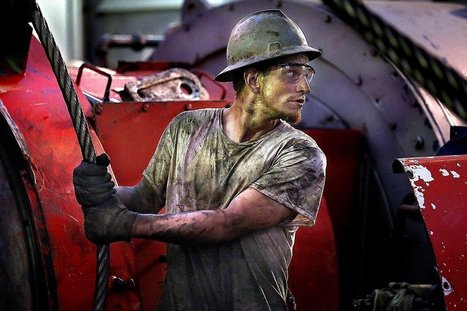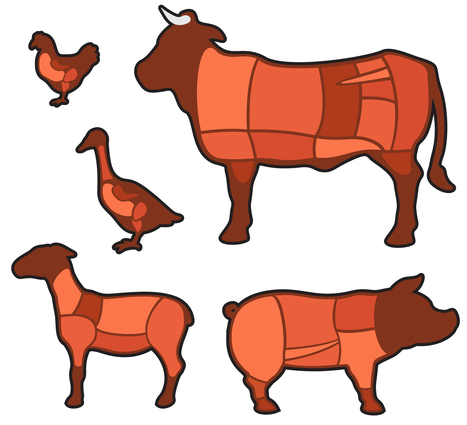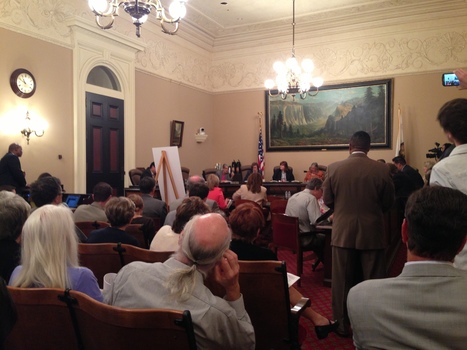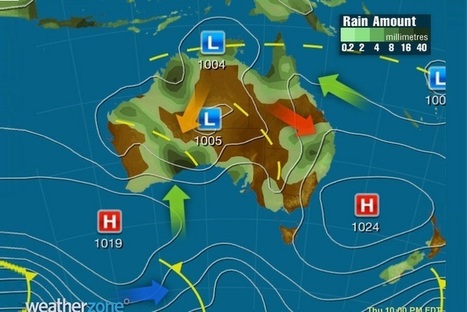Researchers at the University of Adelaide have been exploring how using public weather forecast information can help deliver significant reductions in energy consumption.
Combining information from the Bureau of Meteorology with data from existing building management systems, the researchers have developed an intelligent model that remains one step ahead of the building’s temperature changes, automatically adjusting the heating and cooling supply accordingly.
Early experimental results have provided encouraging results, with at least 10 per cent energy savings shown to be possible.
Via
Lauren Moss





 Your new post is loading...
Your new post is loading...






